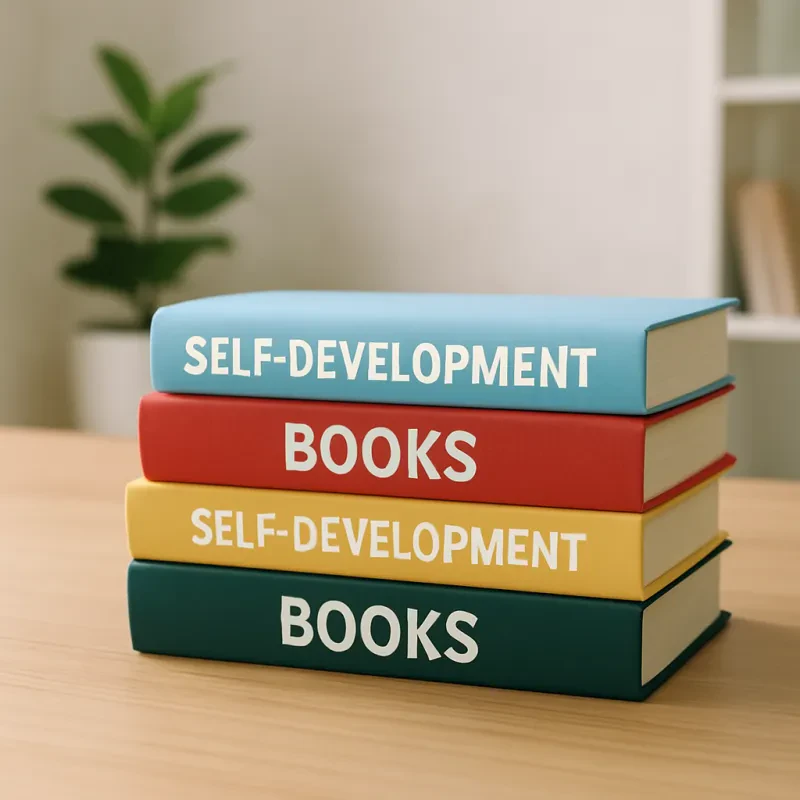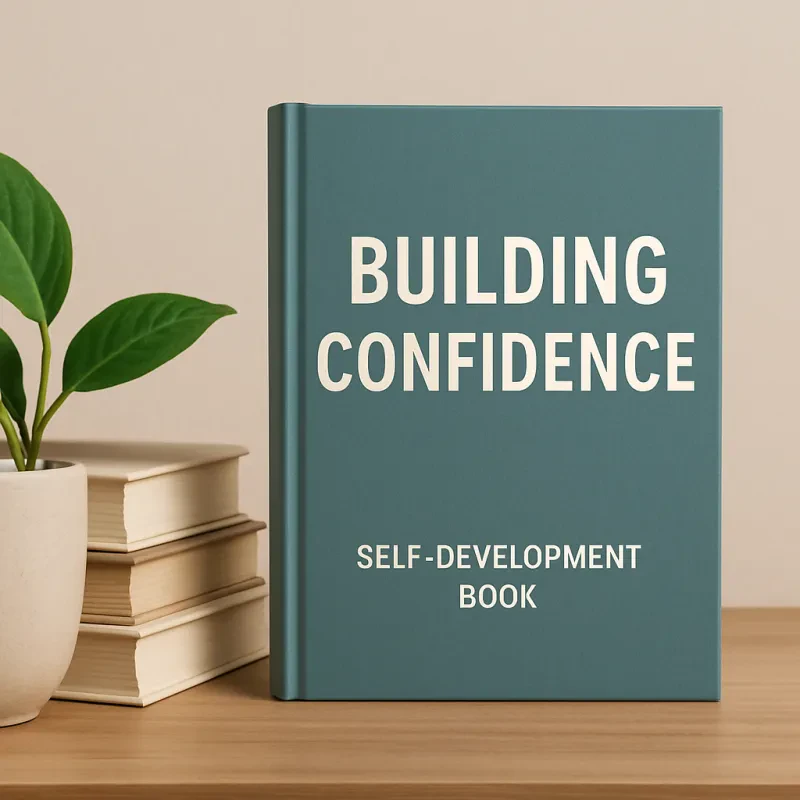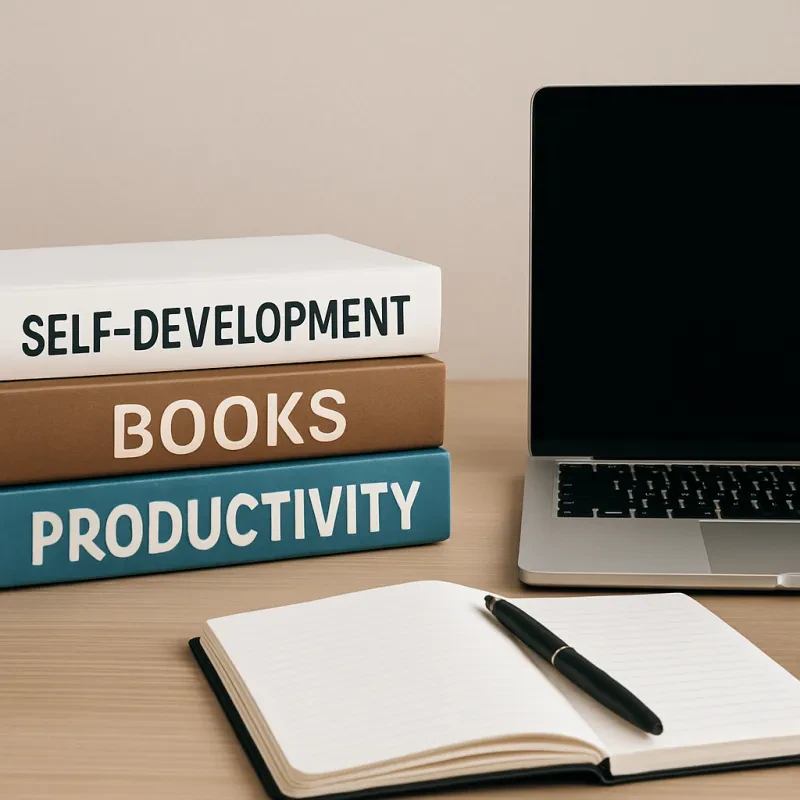I Am Reflective: Unlocking the Power of Self-Awareness
Ever caught yourself replaying a moment in your head, wondering what you could have done differently? That's reflection in action. It's more than just thinking; it's about diving deep to understand yourself and the world around you. Being reflective can boost personal growth. It also improves your ability to make solid choices. Ready to learn more?
The Science of Self-Reflection
What is Reflection?
From a psychology standpoint, reflection is like holding a mirror up to your own thoughts and actions. It's examining your experiences. It involves understanding why you feel, think, and act a certain way. Two key cognitive processes are involved. Metacognition is thinking about your thinking. Introspection is looking inward at your feelings.
The Benefits of Reflective Thinking
Reflective thinking comes with many perks. You'll get better at solving problems. Emotional intelligence will improve, as well. Most importantly, you’ll gain a deeper sense of self-understanding and acceptance. This deeper insight builds confidence.
The Neuroscience Behind Reflection
Your brain's prefrontal cortex is crucial for reflection. This area handles decision-making and self-awareness. When you reflect, you strengthen neural pathways in this region. This makes it easier to access self-knowledge and make thoughtful choices in the future.
Signs You're a Reflective Person
Introspection and Self-Analysis
Reflective people often engage in self-analysis. They think about inner feelings, motivations, and thoughts. They will ask questions to get at the truth. They consider their emotions, too.
Seeking Feedback and Openness to Criticism
A reflective person seeks feedback. They're open to criticism from others. It's not always easy to hear. But, they value the opportunity to grow and learn.
Learning from Mistakes
Everyone makes mistakes. It's part of being human. Yet, reflective folks don't just brush them off. They analyze what went wrong. They then use those lessons to avoid repeating errors down the road.
A Desire for Self-Improvement
The drive to become a better version of yourself? That’s a key sign. Reflective individuals have goals and work toward them. They always look for ways to grow.
How to Cultivate a Reflective Mindset
Journaling and Writing Prompts
Journaling is a great way to get your thoughts out. Writing helps you to explore them. Try prompts like, "What are my core values?" or "What am I most grateful for today?". Just a few minutes can offer great insight.
Mindfulness and Meditation
Mindfulness helps you to focus on the present moment. Meditation enhances your self-awareness. Try this simple exercise: sit quietly, focus on your breath, and observe thoughts without judging them. Even five minutes a day makes a big difference.
Asking Powerful Questions
Develop the skill of asking the right questions. "What went well?" and "What could be improved?" are a good starting point. "What did I learn?" is another good one. The goal is to dig deeper and gain understanding.
Creating Dedicated Reflection Time
Schedule time for introspection. Find a quiet space where you won’t be disturbed. Even 15-30 minutes each week can prove beneficial. This space allows deeper processing.
Overcoming Barriers to Reflection
Dealing with Negative Emotions
Reflection can bring up tough feelings. Don't shy away from them. Instead, develop coping mechanisms for dealing with emotional discomfort. Talk to a friend or therapist. Do something you enjoy.
Combating Self-Deception
It's easy to trick yourself. Recognize your own biases and challenge them. Be honest with yourself, even when it's hard. This is one of the toughest things to do, but is required for growth.
Avoiding Overthinking
Reflection is not the same as rumination. The latter involves dwelling on negative thoughts. Break the cycle. Try distracting yourself or practicing mindfulness.
Reflection in Action: Real-World Examples
Reflection in Leadership
Reflective leaders consider their actions. This helps in making better decisions. They listen to their team. They adapt to changing situations.
Reflection in Personal Relationships
Reflection strengthens relationships. It helps you to communicate better. It also allows empathy and conflict resolution. This lets you understand other's point of view.
Reflection in Career Development
Use reflection for career planning. Assess your skills and identify your goals. Make strategic career moves. Don't wait, start right now.
Conclusion
Being reflective unlocks great power. It helps with personal growth and boosts fulfillment. Commit to incorporating reflection into your life. The benefits are too good to ignore. So, start reflecting today!



